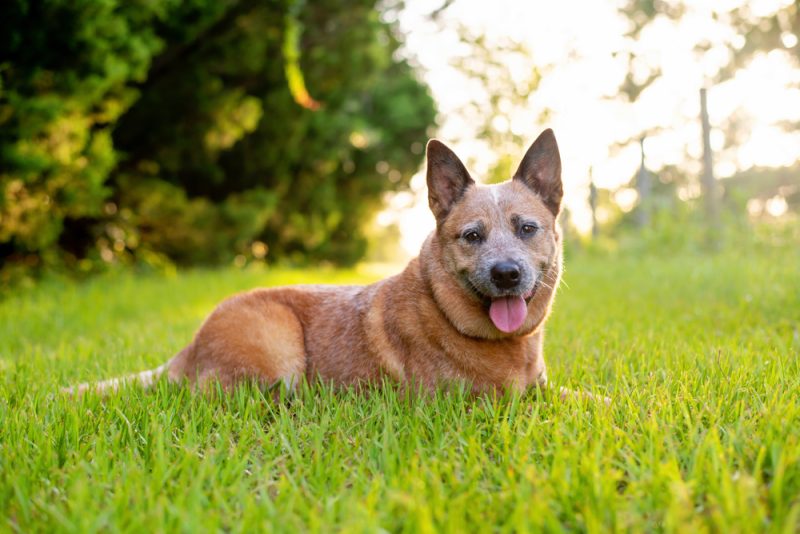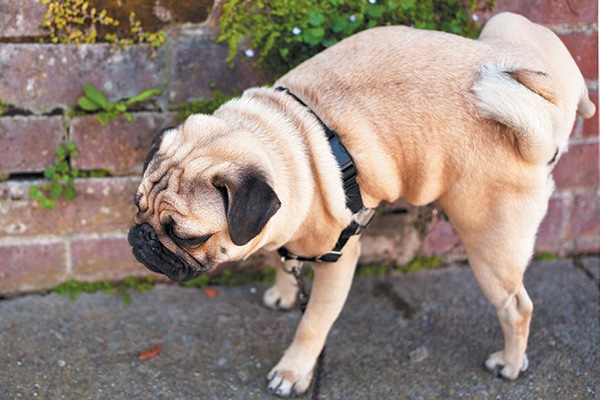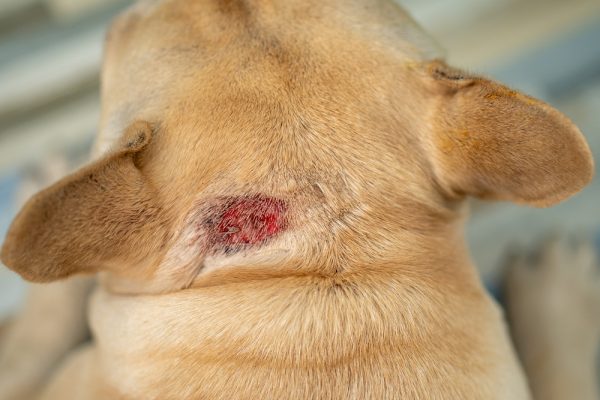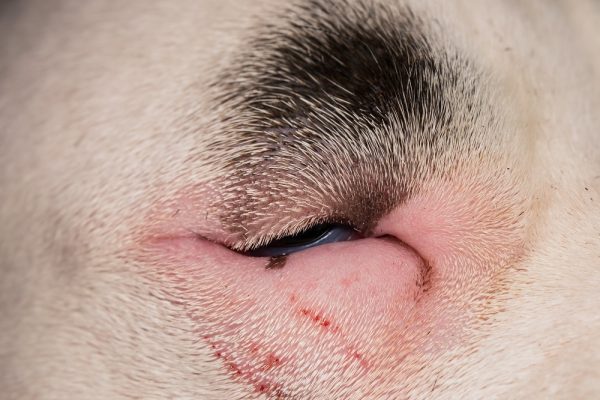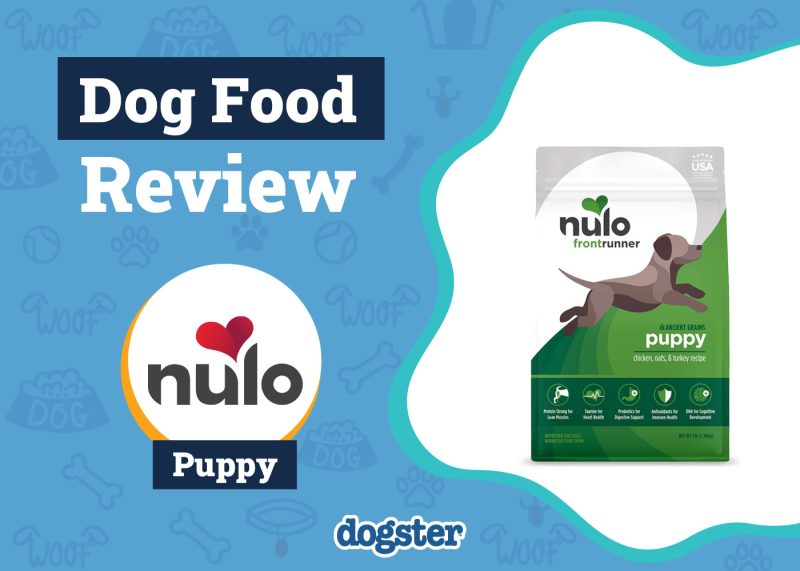In this article
While the “one year for Rufus equals seven years for you” rule was widely accepted as truth for many years, it’s more of a generalization rather than completely accurate.
Depending on a dog’s breed and size, a three-year-old dog could be anywhere between 28 and 31 in human years. Read on to learn more about calculating dog years to human years and the science behind this widely accepted formula.

| Size: | Age 3 in human years: |
| Small breed (<20 lbs or less): | 28 years |
| Medium breed (21 to 50 lbs): | 28 years |
| Large breed (51 to 100 lbs): | 28 years |
| Giant breed (100+ lbs): | 31 years |
Source: Almanac.com

How to Calculate Dog Years to Human Years
Unfortunately, the new formula for converting dog years to human years isn’t as simple as pulling out a calculator.
We now understand a dog’s size and breed are essential to determining their life expectancy. Smaller dogs generally live longer than their larger counterparts. Since larger dogs live shorter lives, they mature faster, with many giant breeds being considered seniors by age five. Medium dogs aren’t in their golden years until they’re around seven, and small and toy breeds hit their senior years when they’re around ten.
The American Veterinary Medical Association general guidelines for estimating a dog’s human age equivalent:1
- A medium-sized dog’s first year of life is equivalent to 15 human years
- Their second year of life is around nine human years
- Every human year thereafter would add another five years for the dog
While this method doesn’t come with a simple calculation, it’s far more accurate as it accounts for the fact that dogs age at different rates depending on their size.
However, the University of California San Diego School of Medicine revealed another newer method in 2020. This formula considers the changing patterns of methyl groups in human and dog genomes as they age. Since neither humans nor dogs age at the same rate over their lifespan, the 1:7-year rule of thumb we all once used to calculate our dogs’ lives isn’t perfectly linear.
This method doesn’t come with a handy calculation, either, but researchers did create a graph that owners can use to determine their pup’s human age equivalent.2
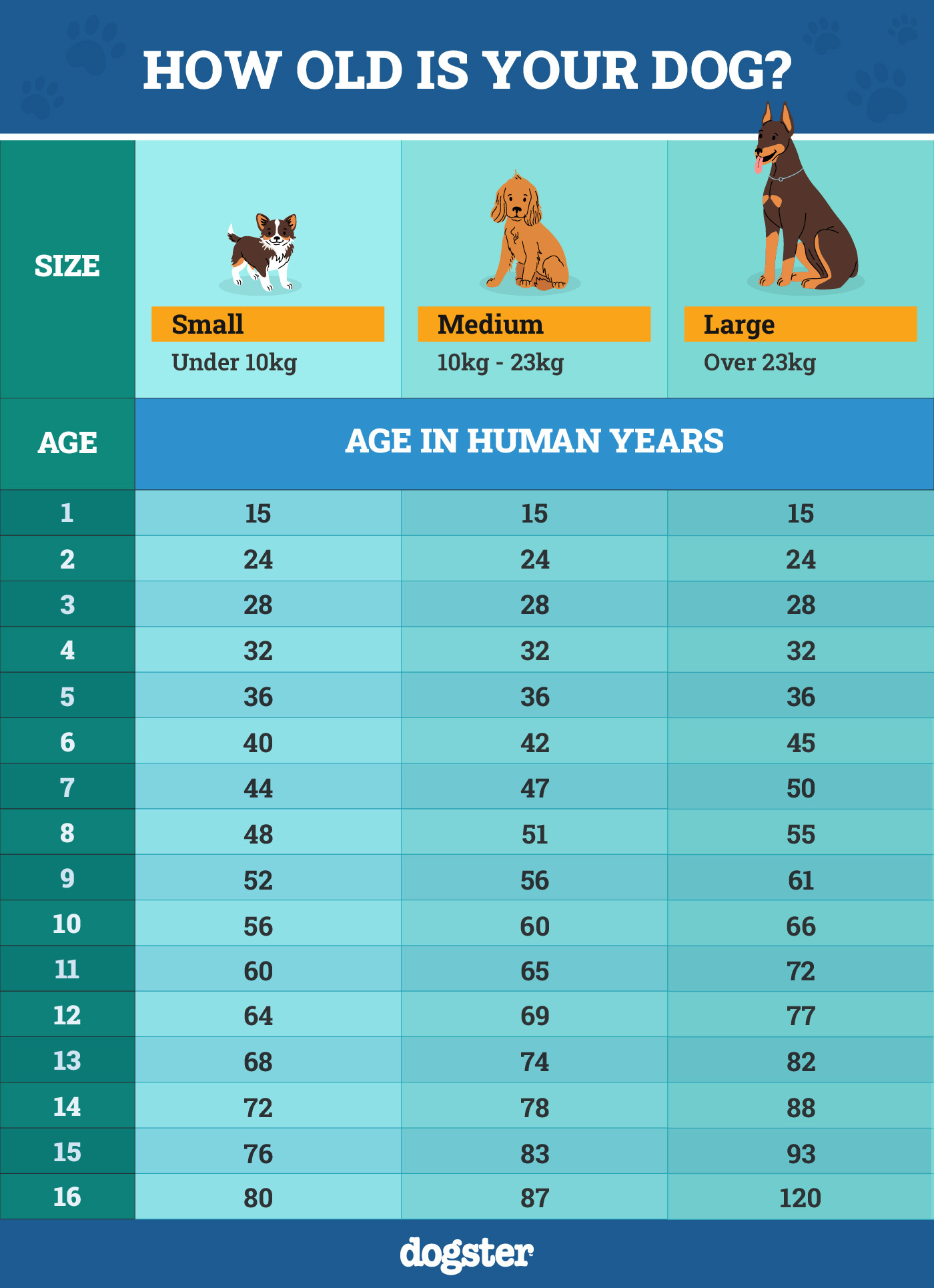
What’s the Science Behind Dog vs Human Years?
According to research done by the University of California San Diego School of Medicine, dogs age much faster than humans early on in their lives. Their rate of aging slows down a bit after they reach maturity.
The problem with trying to convert dog years into human years is far too much variability in the dog community. There are too many dog breeds and sizes to make one simple calculation possible. What is consistent between different calculations and formulas, however, is that dogs age faster than their human owners. One year in dog years could be anywhere from 5 to 15 human years, depending on the pup’s size and breed.
The Life Stages of a Dog
The life stages of dogs vary from breed to breed. However, the American Animal Hospitals Association has deemed the final 25% of a dog’s life to be their “senior” years. This 25% will also vary depending on a dog’s breed size.
According to PetMD, small breeds are considered puppies until they are around eight months old, adults from eight months to 10 to 12 years old, and seniors from 10 to 16+ years old.3
Medium breeds are puppies until they’re around a year, adults from a year to eight to nine years, and seniors when they’re eight to 13+ years.
Large breeds are still in their puppy stage until they are around 15 months old, hit adulthood when they are between 15 months and six to seven years old, and become seniors when they are six to twelve years old.
Finally, extra-large breeds enjoy an extended puppyhood, staying in that fun (yet exhausting) stage up to 24 months of age. They’re considered adults from 24 months to six years and are in their golden years from six to nine plus years.
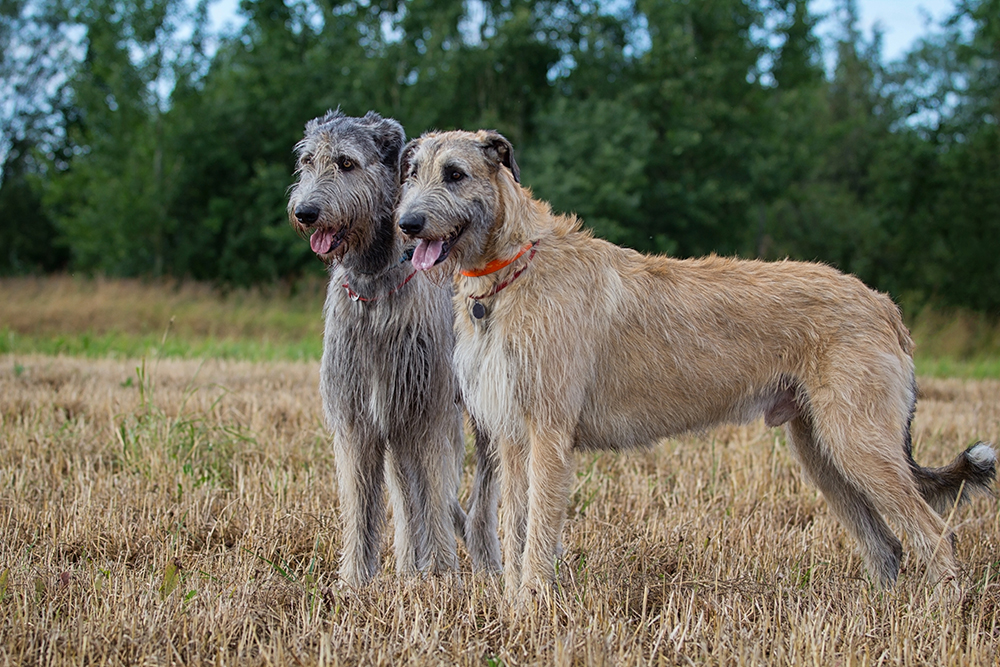
Life Span by Breed Size
| Size: | Average life span: |
| Small breed (<20 lbs or less): | 10–15 years |
| Medium breed (21 to 50 lbs): | 10–13 years |
| Large breed (51 to 100 lbs): | 8–12 years |
| Giant breed (100+ lbs): | 8–10 years |
Source: American Kennel Club

Key Factors That Affect the Dog’s Aging Process
While genetics play the most significant role in a dog’s aging process, there may be other factors at play that impact how fast a pup ages.
Some dogs may age faster if:
- They’re not given routine veterinary care
- They’re fed a low quality diet
- They’re fed a diet that doesn’t match their life stage
- There are constant threats to their health and well-being
- They’re overweight or obese
- They don’t get the mental and physical stimulation they require

Conclusion
Though researchers now know that the 1:7 calculation for converting dog years to human years is inaccurate, that doesn’t mean that there aren’t other formulas one can use to determine how old their pups are in human years. A three-year-old dog is anywhere between 28 and 31 in human years. Small, medium, and large breeds are all approximately 28-year-olds, while the giant breeds are slightly older at 31.
You might also be interested in:
- How Old Is 1 in Dog Years? Vet-Approved Guide to Each Size of Dog
- How Old Is 2 In Dog Years? Vet-Approved Guide to Each Size of Dog
Featured Image Credit: Anna Hoychuk, Shutterstock



